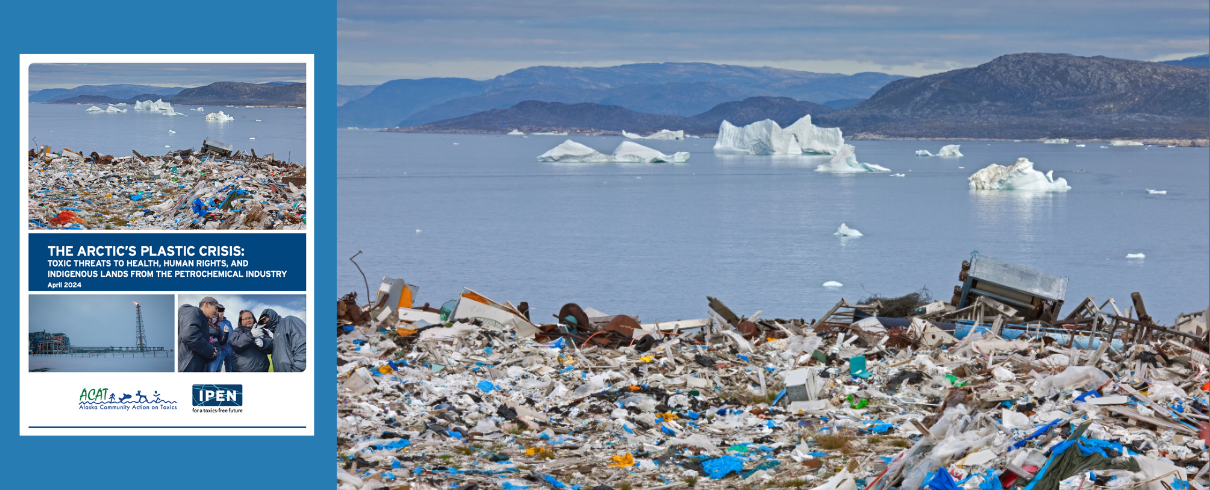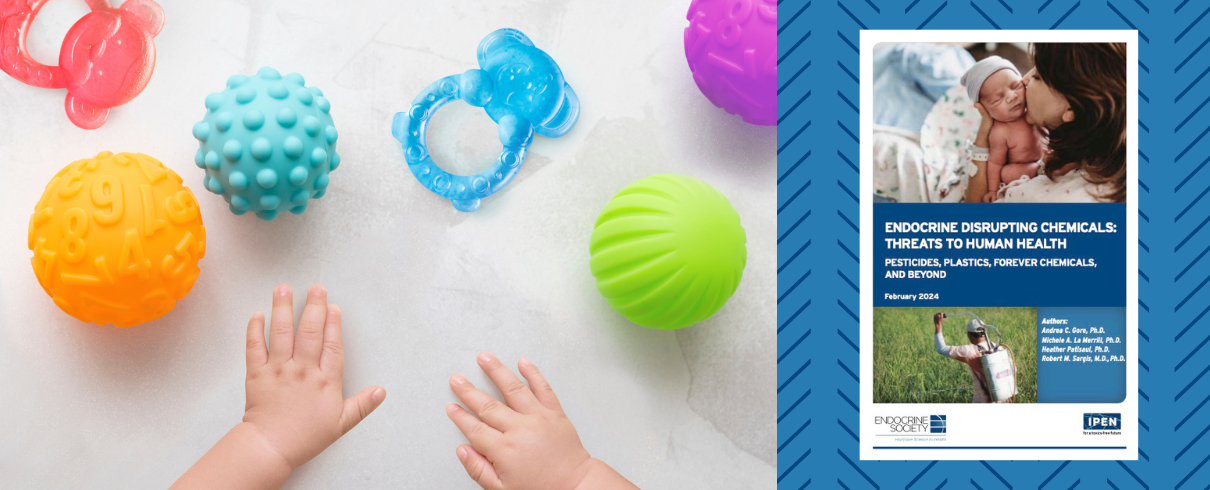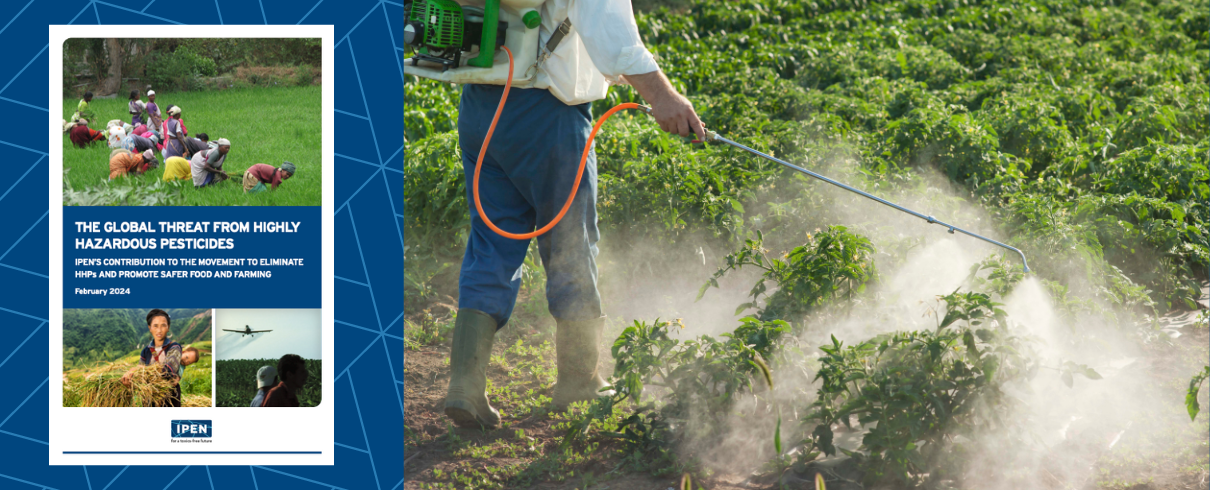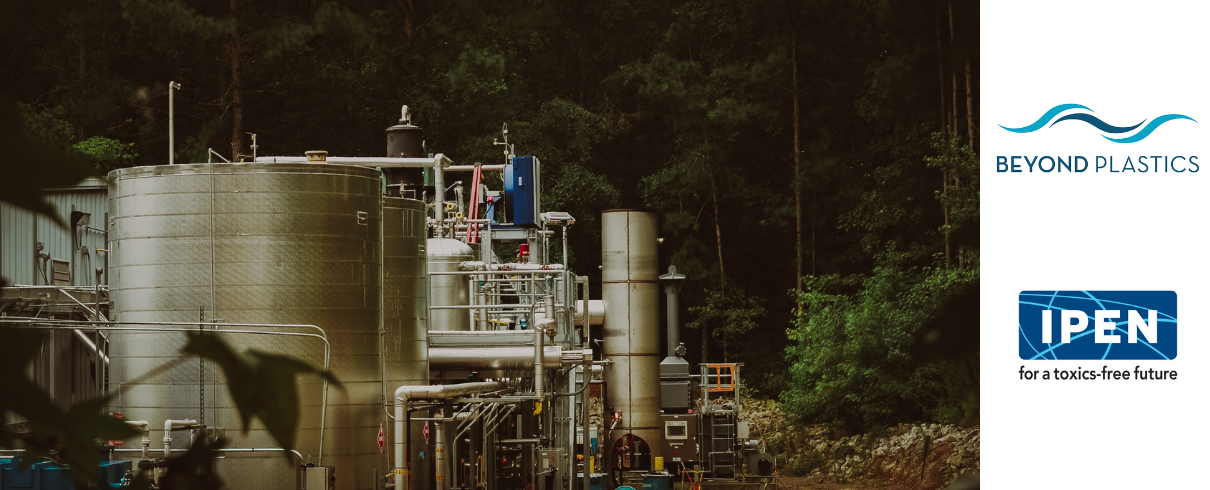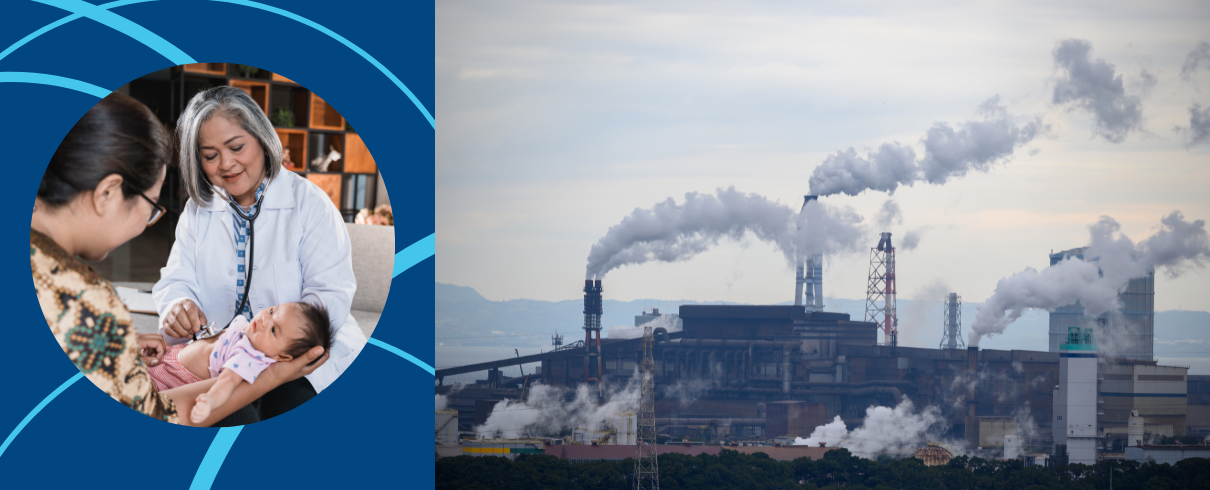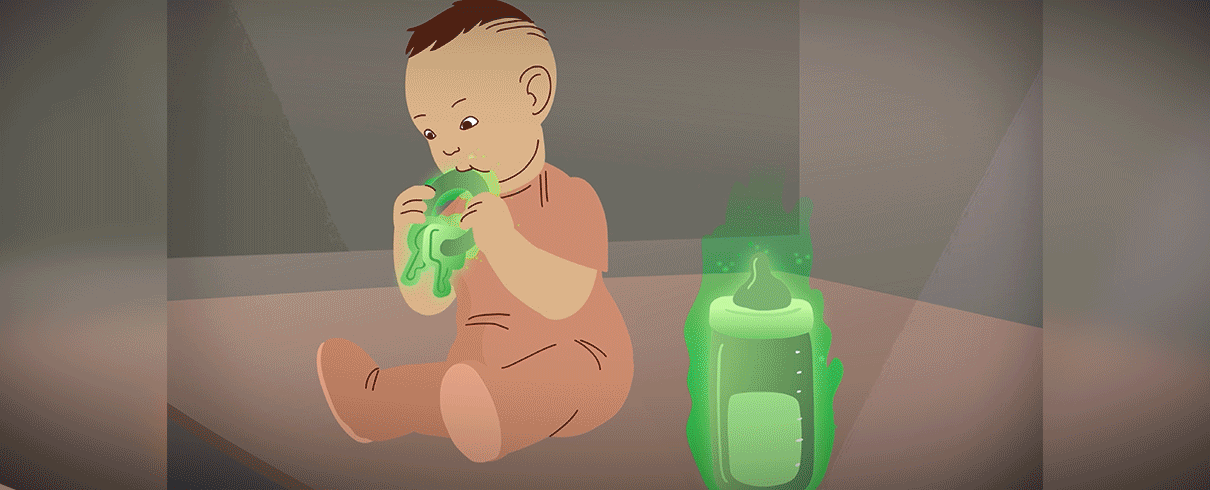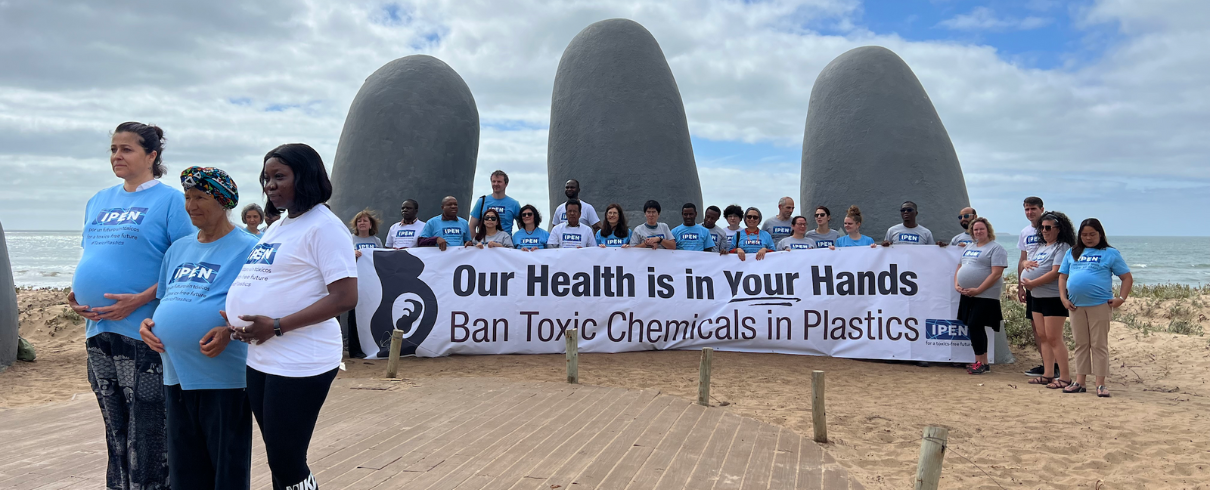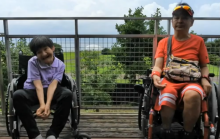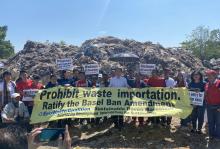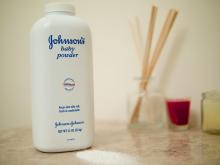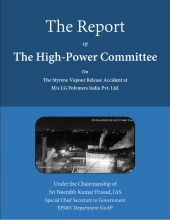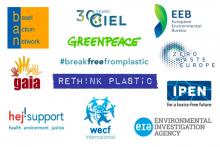Quezon City, PhIlippines After sitting in Northern Mindanao for two years, the final batch of 80 container vans of contaminated plastic waste from South Korea are set to sail home this week amid the continuing COVID-19 outbreak.
Deceptively declared as “plastic synthetic flakes,” the contaminated plastic waste materials, which arrived in July and October 2018 at the ports in Villanueva and Tagoloan, Misamis Oriental, were found by the authorities to contain unsorted plastic materials, used dextrose tubes, soiled diapers, discarded electronics and household garbage in violation of national laws and the Basel Convention on the Control of Transboundary Movements of Hazardous Wastes and their Disposal.
Following successful bilateral negotiations led by the Bureau of Customs-Region 10, which the EcoWaste Coalition attended, a total of 251 container vans of illegal waste shipments were re-exported to South Korea this year on July 18 (53 containers), March 27 (47 containers), February 16 (50 containers) and January 19 (50 containers), and last year on January 19 (51 containers). The last 80 containers are scheduled for re-shipment on August 4 and 8 bringing the total number of returned containers loaded with garbage to 331.
“The completion of the complicated re-exportation procedures in the middle of the COVID-19 crisis that continues to disrupt and claim people’s lives is a big win in our people's pursuit of environmental justice and the rule of law during these most difficult times,” declared Aileen Lucero, National Coordinator, EcoWaste Coalition.
